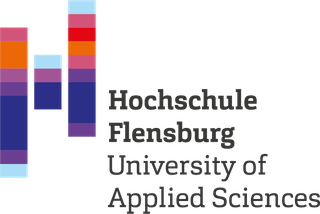Pseudomonads in association with Saccharina latissima ? evidence of a beneficial interaction in marine environments?
Nagel, K., Schneemann, I., Kajahn, I., Wiese, J., Labes, A., & Imhoff, J. F. (2010). Pseudomonads in association with Saccharina latissima ? evidence of a beneficial interaction in marine environments? In International VAAM-Workshop "Biology of bacteria producing natural products". Abgerufen von http://oceanrep.geomar.de/10252/
